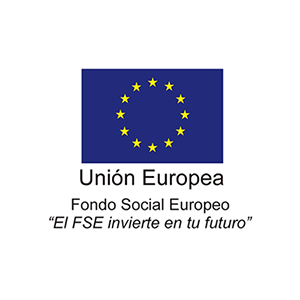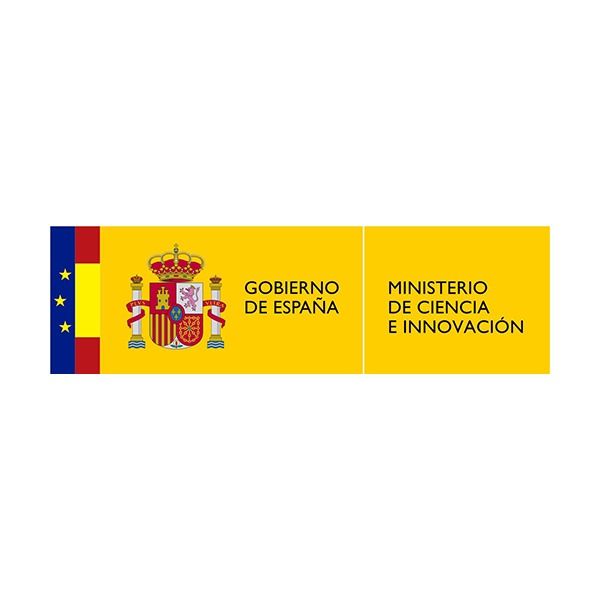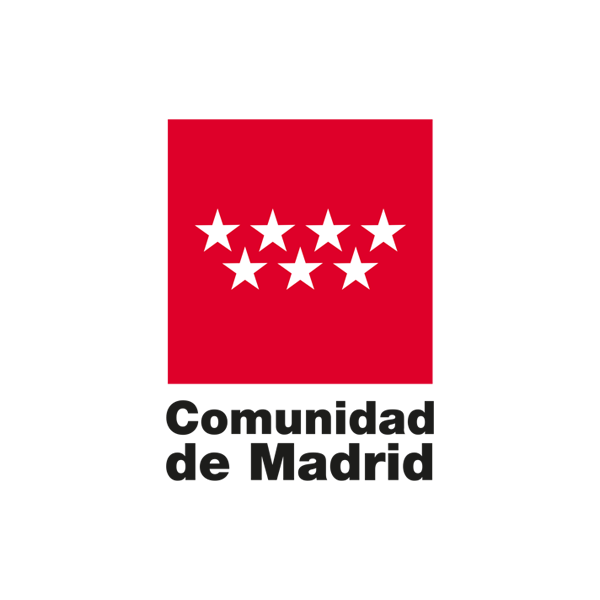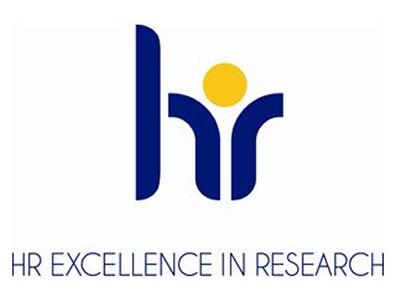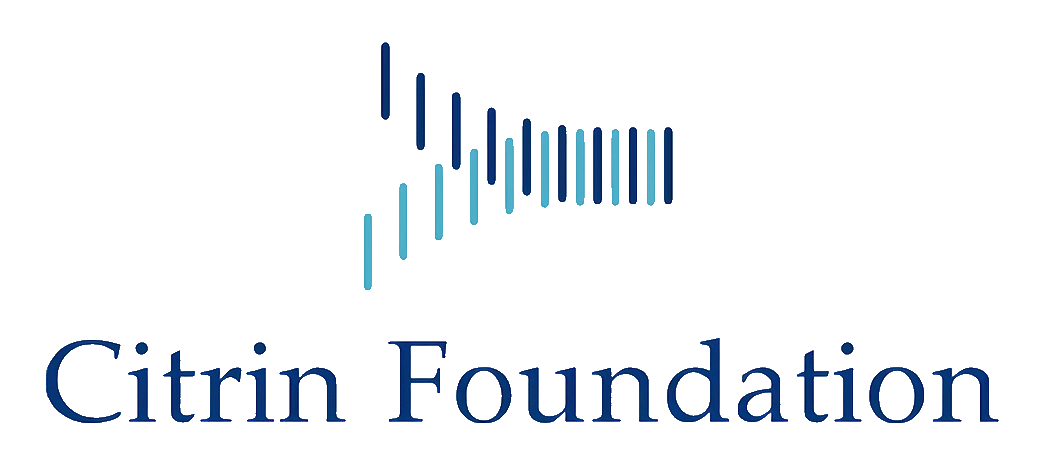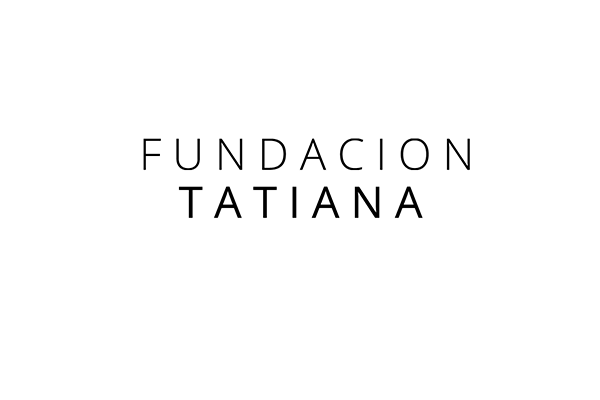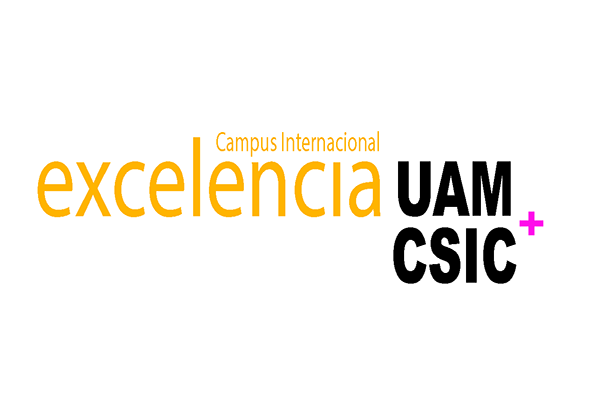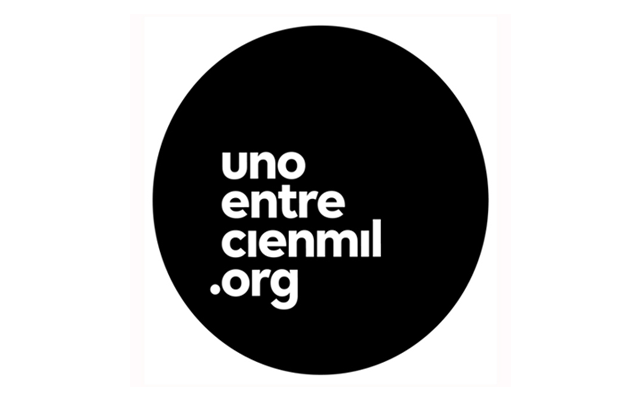Purchasing and stockroom
El Centro de Biología Molecular dispone de un Servicio de Compras-Almacén desde el que se gestionan todas las compras necesarias para el funcionamiento de los Servicios de dicho Centro como para la realización de los distintos proyectos de investigación.
Desde el Departamento de Compras se realizan todas las gestiones necesarias para optimizar las adquisiciones (programación de las Compras, prospección del mercado, selección y negociación con los proveedores, tramitación de pedidos, etc.), en el Almacén se recepcionan los pedidos y se distribuyen a los distintos usuarios o se almacenan para su posterior distribución.
Funciones asignadas al servicio de compras
- Programación de las Compras
- Prospección del mercado
- Selección de los proveedores
- Negociación con los proveedores
- Selección de los productos a almacenar dependiendo de los consumos, caducidad, peligrosidad, etc.
- Codificación y catalogación de los productos almacenados
- Control de inventario
- Solicitud de presupuestos a distintas casas comerciales, que sirven de base para la petición de los proyectos de investigación de las distintas líneas
- Tramitación de pedidos externos:
- Fungible
- Inventariable:
- Solicitud de tres presupuestos
- Elaboración de la memoria justificativa del gasto cuando este se realiza a través de la UAM
- Realización de la ficha de inventario cuando el gasto se realiza a través del CSIC
- Pedidos al Extranjero:
- Realización del pedido, recepción de la factura, comprobación de la misma, petición del cheque en la divisa correspondiente y pago al proveedor mediante dicho cheque
- Tramitación de pedidos de reposición para el mantenimiento de los stocks del almacén
- Facturación a las diferentes líneas de investigación de los alquileres de las botellas de gases, así como del anhídrido carbónico de los tanques y de la Nieve Carbónica, cargando a cada grupo la parte estimada correspondiente según sus consumos
- Seguimiento de las compras realizadas y reclamación de los pedidos a los distintos proveedores
- Relaciones con la Aduana en lo relativo a importaciones y exportaciones
- Recepción de facturas de proveedores, comprobación de las mismas, solucionar los problemas derivados de facturaciones incorrectas por parte de los proveedores (precios y cantidades facturadas incorrectas, errores en la dirección de facturación, etc.), codificación y envío a Administración para su pago
- Realizar todas las labores administrativas relacionadas con todo lo anterior (fotocopias, FAX, etc.)
Funciones asignadas al servicio de almacén
- Recepción de pedidos, tanto externos como de reposición para el almacén.
- Gestión de albaranes, comprobación del material indicado y marcación con número de cuenta para su posterior reparto.
- Recepción, registro y entrega de los pedidos que llegan a través de las distintas plataformas. (CSIC, Ciber, Ciberer, Muestras clínicas, etc.)
- Colocación y almacenaje del material en sus diferentes y correspondiente ubicación.
- Reposición de almacén principal.
- Control de stock e inventario.
- Entrega de pedidos internos.
- Entrega de pedidos externos a los diferentes laboratorios.
- Preparación, comprobación y devolución de los pedidos.
- Llenado de los tanques de nitrógeno líquido y controles de niveles periódicos.
- Facturación de tanques de nitrógeno.
- Control y registro de las balas de gases.
- Control de batas y ropa de servicio de mantenimiento para su limpieza.
- Almacenamiento de sueros, registro y entrega a demanda.
- Facturación de los pedidos internos.
- Realización de tareas administrativas. (Impresión de pedidos, escaneo de albaranes, etc.)
- Clasificación y archivo de pedidos internos y externos.
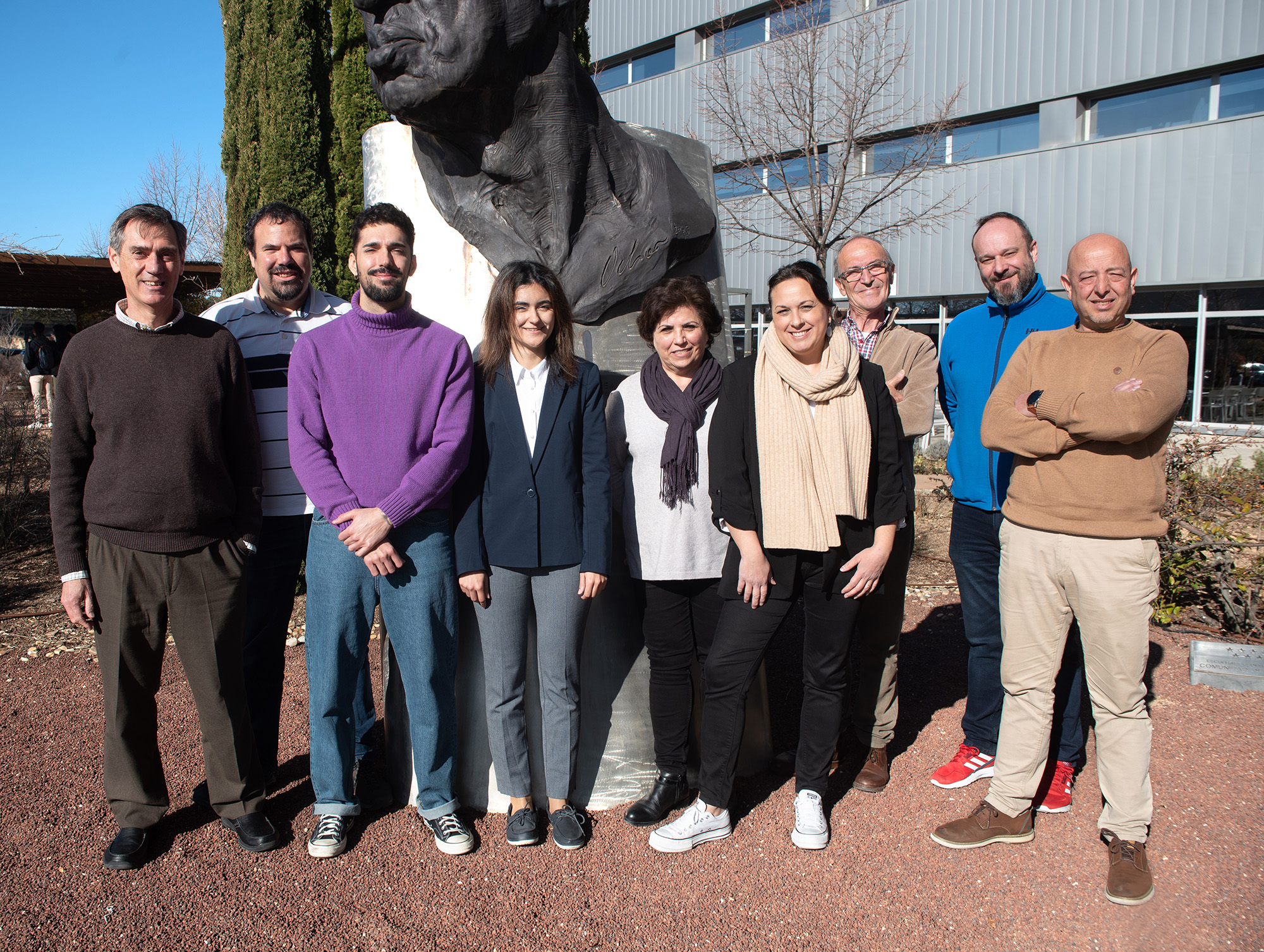
| Last name | Name | Laboratory | Ext.* | |
|---|---|---|---|---|
| Campos Talaverón | Leyre | 076 | 4432 | lcampos(at)cbm.csic.es |
| Celestén Martín | Jose Miguel | Almacén | 4480 | jcelesten(at)cbm.csic.es |
| Fernández Martín | Mª José | 077 | 4429 | mjfernandez(at)cbm.csic.es |
| Hernán-Pérez Fernández | Antonio | 077 | 4427 | ahernanperez(at)cbm.csic.es |
| Hernández Largo | Jesús Miguel | 077 | 4428 | jmhernandez(at)cbm.csic.es |
| Pastor Rodríguez | Rosa María | 077 | 4429 | rmpastor(at)cbm.csic.es |
| Pedraza Caro | Teodoro | Almacén | 4479 | tpedraza(at)cbm.csic.es |

